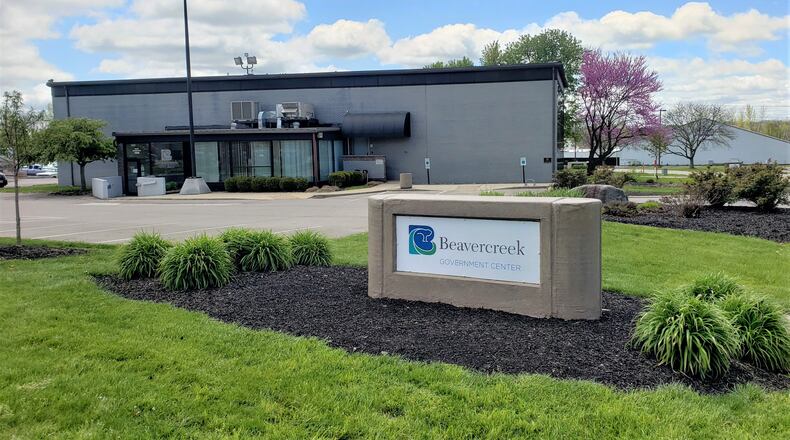The tide turned throughout the night, as the 1% income tax levy went from passing based on absentee ballots, to a dead heat based on early election day results, to behind by about 10 percentage points.
With more than 11,000 votes were counted, putting turnout at 33% of registered voters.
Beavercreek Mayor Bob Stone said that Beavercreek City Council and staff will “take a step back,” review the city’s revenue sources and see what city services would have to be cut.
“It’s reality, is what it is,” he said. “I think the electorate has spoken, and we have to abide by that. If we can maintain status quo somehow we will do that, but I don’t know how.”
If passed, the income tax would have replaced five existing property tax levies totaling 8.1 mills. The five levies, costing approximately $134 per $100,000 of home value annually, would be terminated for the tax year 2022. The income tax would have gone into effect Jan. 1 of next year, and includes a 100% credit for taxes paid to other cities.
Beavercreek is one of only three cities statewide, including Bellbrook, that do not levy an income tax, according to state records. Nearby, Kettering, Xenia, Fairborn and Huber Heights all have city income taxes of 2% or 2.25%.
This was the city’s third attempt at an income tax in the last decade.
The 1% tax would have generated an estimated $12 million in its first year, going up to $18 million annually from individuals who work in Beavercreek, City Manager Pete Landrum previously told the Dayton Daily News.
Funding from the income tax would have been used to replace revenue from the terminated property tax levies, and also to hire five police officers and five public service workers, to complete infrastructure improvements and to fund general city operations, according to the tax ordinance. Beavercreek has a $200 million backlog of incomplete infrastructure projects, city officials say, with no dedicated funding source.
Opponents of the income tax said the measure would have put undue strain on younger generations, while proponents say that without it, the city’s current funding model is unsustainable.
The reduction in property taxes would have amounted to $6.9 million in reduced revenue annually for the city. The first year income tax revenue from Beavercreek residents alone would have been $5.4 million.
Recent census data indicates that 23,365 people work in Beavercreek but live elsewhere. Just shy of 16,000 people live in Beavercreek but work in other cities, and 2,958 people both live and work in Beavercreek.
Types of income that would have been taxed include earned income, such as wages, salaries, tips and commissions, as well as lottery, gambling and sports winnings, per city documents.
Types of income that would not have been taxed include retirement income, such as Social Security benefits, pensions, retirement benefit payments, annuities, and disability payments. Military, reserve and National Guard pay would not be taxed, nor would “intangible” income such as interest, capital gains, and dividends.
About the Author

